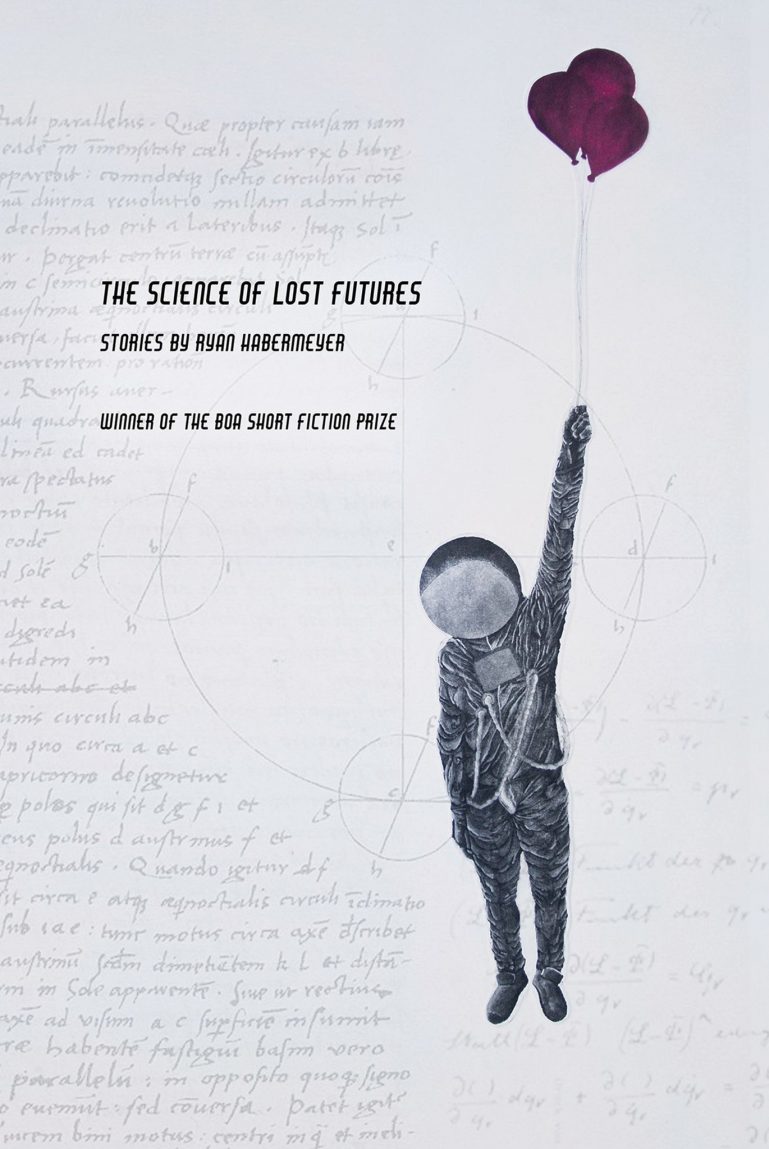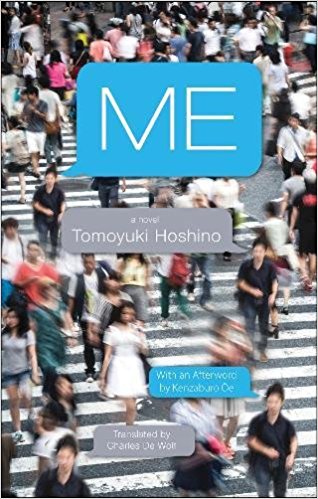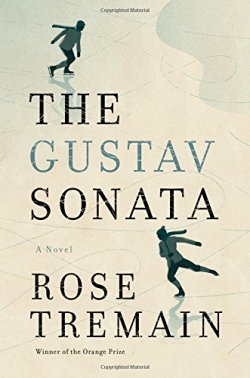Mark Twain famously wrote that “truth is stranger than fiction, but it is because fiction is obliged to stick to possibilities.” It is as if Ryan Habermeyer, author of the BOA Short Fiction Prize-winning collection of stories The Science of Lost Futures, took this as a personal challenge. Habermeyer does not bother to stick to realistic possibilities, opting instead to stretch our capacity of acceptance.
Part fantasy satire and part sci-fi fairytale, the stories in this collection are, at face value, completely absurd. A giant foot washes ashore near a small town; a woman’s womb falls out of her body and proceeds to flop and squeal around the house; a mother contracts a rare disease that makes her think she’s a snow leopard; a boy adopts a pet Nazi. Twain himself would have to admit that reality can’t compete with such strangeness. Despite the hilarity of the stories, they are not absurd for absurdity’s sake—the outlandish premises provide emotionally subversive juxtapositions…



